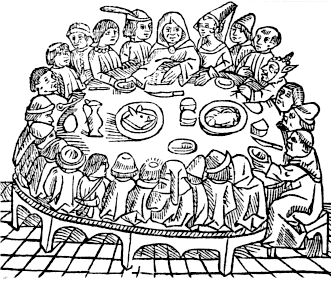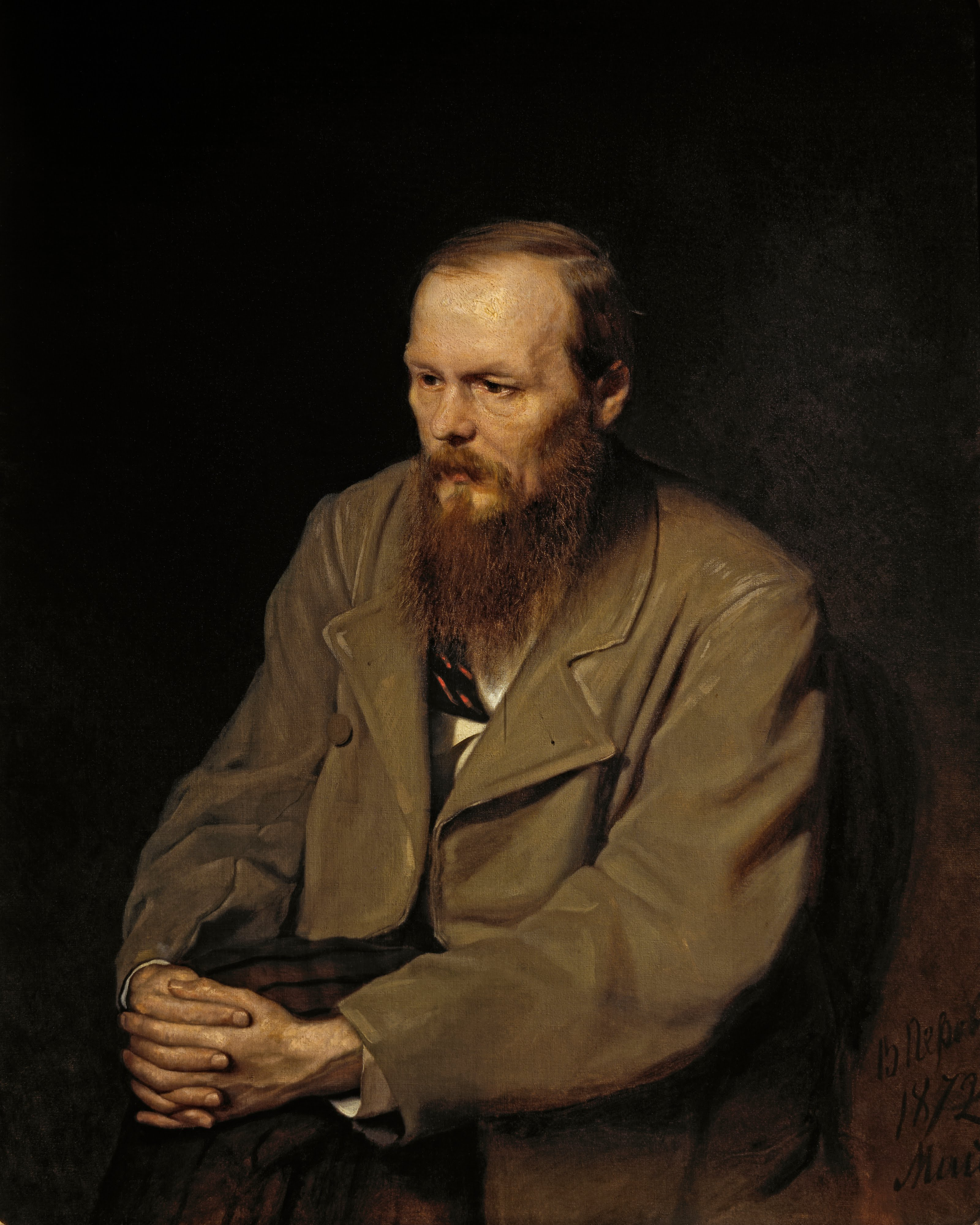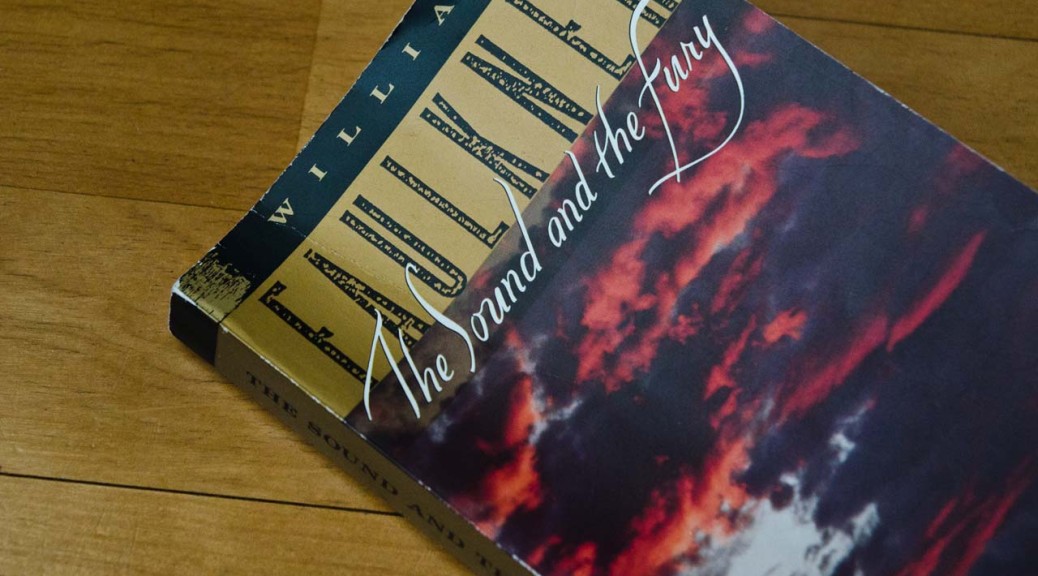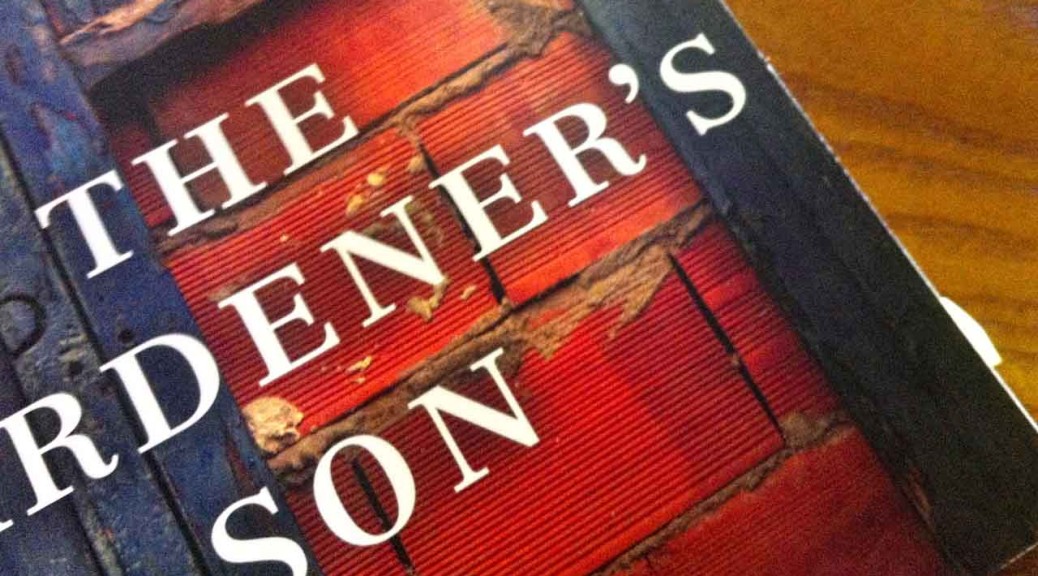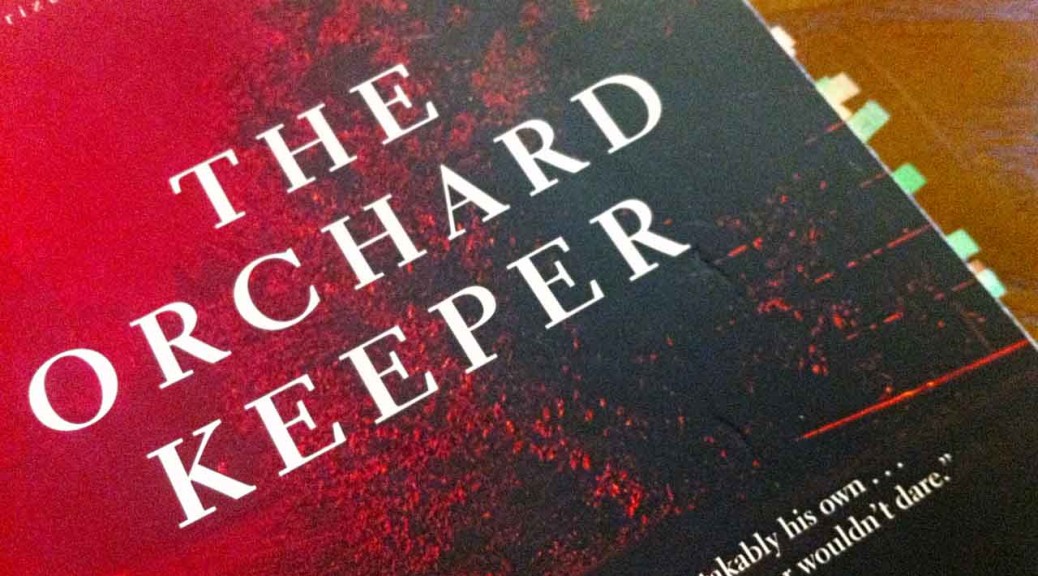Faulkner, William. The Sound and The Fury. New York: Vintage International, 1990. Print. (1984 correction, first ed. 1929)
Luster “If you don’t hush, you know what I going to do. I going to eat that cake all up. Eat them candles, too. Eat all them thirty three candles. Come on, les go down to the branch. I got to find my quarter.” p. 4
“”Where’d you get a quarter, boy. Find it in white folks’ pocket while they aint looking.”
“Got it at the getting place.” Luster said. “Plenty more where that one come from. Only I got to find that one. Is you all found it yet.”
“I aint studying no quarter. I got my own business to tend to.”” p. 14
“The bones rounded out of the ditch, where the dark vines were in the black ditch, into the moonlight, like some of the shapes had stopped.” p. 33-34
“Caddy got the box and set it on the floor and opened it. It was full of stars. When I was still, they were still. When I moved, they glinted and sparkled. I hushed.” p. 41
Et ego in arcadia (Et in arcadia ego)p. 44
“And one evening, when they was about a dozen them bluegum chillen running around the place, he never come home. Possum hunters found him in the woods, et clean. And you know who et him. Them bluegum chillen did.” p. 69
“You’ve been running a long time, not to’ve got any further off than mealtime, Jason said.” p. 71
“Then he went to the window and looked out. He came back and took my arm. Here she come, he said. Be quiet, now. We went to the window and looked out. It came out of Quentin’s window and climbed across into the tree. We watched the tree shaking. The shaking went down the tree, then it came out and we watch it go away across the grass. Then we couldn’t see it.” p. 74
“I give it to you not that you may remember time, but that you might forget it now and then for a moment and not spend all your breath trying to conquer it. Because no battle is ever won he said. They are not even fought. The field only reveals to man his own folly and despair, and victory is an illusion of philosophers and fools.” p. 76
“I passed the jeweler’s window, but I looked away in time. At the corner two bootblacks caught me, one on either side, shrill and raucous, like blackbirds. I gave the cigar to one of them, and the other one a nickel. Then they let me alone. The one with the cigar was trying to sell it to the other for the nickel.” p. 83
“He was going bald. There was a glass in his eye–a metal tube screwed into his face. I went in.
The place was full of ticking, like crickets in September grass, and I could hear a big clock on the wall above his head. He looked up, his eye big and blurred and rushing beyong the glass.” p. 83
“There were about a dozen watches in the window, a dozen different hours and each with the same assertive and contradictiory assurance that mine had, without any hands at all. Contradiction one another.” p. 85
“And all that day, while the train wound through rushing gaps and along ledges where movement was only a laboring sound of the exhaust and groaning wheels and the eternal mountains stood fading into the thick sky,” p. 88
“The ship went through the bridge, moving under bare poles like a ghost in broad day, with three gulls hovering above the stern like toys on invisible wires.” p. 89-90
***”It twinkled and glinted, like breathing, the float slow like a breathing too, and debris half submerged, healing out to the sea and the caverns and the grottoes of the sea.” p. 90
“You can feel noon. I wonder if even miners in the bowels of the earth.” p. 104
“Father said that a man is the sum of his misfortunes. One day you’d think misfortune would get tired, but then time is your misfortune Father said.” p. 104
“I could still see the smoke stack. That’s where the water would be, healing out to the sea and the peaceful grottoes.” p. 112
“Only our country was not like this country. There was something about just walking through it. A kind of still and violent fecundity that satisfied even bread-hunger like. Flowing around you, not brooding and nursing every niggard stone.” p. 113
“The bridge was of gray stone, lichened, dappled with slow moisture where the fungus crept. Beneath it the water was clear and still in the shadow, whispering and clucking about the stone in fading swirls of spinning sky.” p. 115
“The arrow increased without motion, then in a quick swirl the trout lipped a fly beneath the surface with that sort of gigantic delicacy of an elephant picking up a peanut.” p. 116-117
***”Then they talked about what they would do with twenty-five dollars. They all talked at once, their voices insistent and contradictory and impatient, making of unreality a possibility, then a probability, then an incontrovertible fact, as people will when their desires become words.” p. 117
“He leaned on the rail, looking down at the trout which he had already spent, and suddenly the acrimony, the conflict, was gone from their voices, as if to them too it was as though he had captured the fish and bought his horse and wagon, they too partaking of that adult trait of being convinced of anything by an assumption of silent superiority.” p. 118
“The street turned again. I could see the white cupola, the round stupid assertion of the clock.” p. 124
“took up the coins and found two coppers in her apron and gave them to me. I handed them to the little girl. Her fingers closed about them, damp and hot, like worms.” p. 126-127
“She looked at me. She chewed quietly and steadily; at regular intervals a small distension passed smoothly down her throat. I opened my package and gave her one of the buns. “Good bye,” I said. p. 129
“Them furriners. I cant tell one from another. You might take her across the tracks where they live, and maybe somebody’ll claim her.” p. 130
“I don’t know
outside the gray light the shadows of things like dead
things in stagnant water” p. 157
“I went to the diningroom. Quentin was sitting with her head bent. She had painted her face again. Her nose looked like a porcelain insulator.” p. 257
“She had been a big woman once but now her skeleton rose, draped loosely in unpadded skin that tightened again upon a paunch almost dropsical, as though muscle and tissue had been courage or fortitude which the days or the years had consumed until only the indomitable skeleton was left rising like a ruin or a landmark above the somnolent and impervious guts, and above that the collapsed face that gave the impression of the bones themselves being outside the flesh, lifted into the driving day with an expression at once fatalistic and of a child’s astonished disappointment, until she turned and entered the house again and closed the door.” p. 265-266
“saw the old woman in her quilted dressing gown at the head of the stairs, calling her name with machinelike regularity.” p. 270
“It was not the bottle which Mrs Compson wanted, however, and clutching it by the neck like a dead hen Dilsey went to the foot of the stairs and looked upward.” p. 270
“She made no further move, but though she could not see her save as a blobby shape without depth, Mrs Compson knew that she had lowered her face a little and that she stood now like cows do in the rain, holding the empty water bottle by its neck.” p. 272
“The window was open. A pear tree grew there, close against the house. It was in bloom and the branches scraped and rasped against the house and the myriad air, driving in the window, brought into the room the forlon scent of the blossoms.” p.
“The Ben wailed again, hopeless and prolonged. It was nothing. Just sound. It might have been all time and injustice and sorrow become vocal for an instant by a conjunction of planets.” p. 288
“Two tears slid down her fallen cheeks, in and out of the myriad coruscations of immolation and abnegation and time.” p. 295
“But he bellowed slowly, abjectly, without tears; the grave hopeless sound of all voiceless misery under the sun.” p. 316
To re-read The Sound and the Fury.
In Xanadu did Kubla Khan
A stately pleasure-dome decree :
Where Alph, the sacred river, ran
Through caverns measureless to man
Down to a sunless sea.



